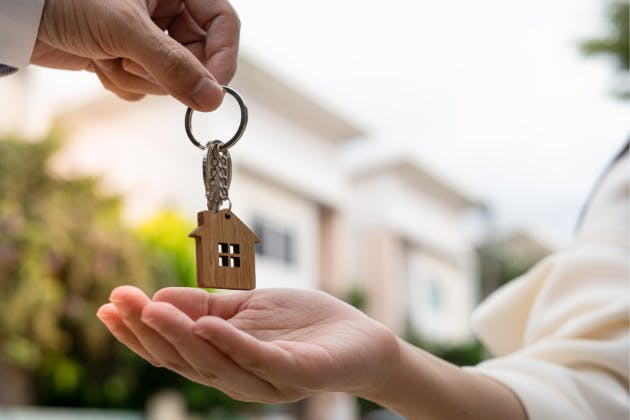For landlords, property maintenance isn’t just a box to tick, it’s a key strategy for maximising long-term value, attracting high-quality tenants, and avoiding costly emergencies. This ultimate guide covers everything from routine inspections to legal responsibilities, helping you stay compliant, efficient, and profitable.

A Landlord’s Guide to Proactive Property Maintenance
Proactive maintenance protects your property, your income, and your tenants. Well-maintained homes attract better renters, command higher rental rates, and reduce the risk of expensive emergency repairs. Staying ahead of issues also supports legal compliance and preserves the long-term value of your investment.
Types of Maintenance
Routine Maintenance
Regular upkeep includes small but essential tasks like inspecting plumbing, electrics, and appliances. Promptly repairing wear and tear, cleaning communal areas, and keeping drains clear helps keep the property running smoothly and prevents issues from escalating.
Preventive Maintenance
Preventive work focuses on stopping problems before they start. Addressing minor leaks, damp patches, or worn seals early on reduces long-term costs and extends the lifespan of your property’s systems and finishes.
Emergency Maintenance
Landlords must be ready to respond to urgent issues such as heating breakdowns, major leaks, or electrical faults. Having reliable contractors available 24/7 is essential to restore safety and avoid disruption for tenants.
Seasonal Maintenance
Different seasons bring different risks. Autumn is ideal for boiler checks and gutter clearing, while winter calls for pipe insulation and heating system testing. Spring and summer are best for roof inspections, repainting, and ventilation servicing.
Key Areas to Prioritise
Exterior Maintenance
Regularly inspect the roof, gutters, and paintwork to prevent water ingress and structural damage. Maintain gardens and pathways to keep them safe and presentable, especially in shared or multi-unit properties.
Interior Maintenance
Inside the property, check for leaks, test ventilation systems, and ensure the heating and electrical setup is functioning properly. Preventing moisture and ensuring good airflow will help avoid more serious issues like mould or damp.
Appliances and Safety Systems
Smoke alarms, carbon monoxide detectors, and water heaters should be tested regularly. Keeping white goods and filters clean helps improve efficiency and safety while extending appliance lifespan.
Landlord and Tenant Responsibilities
Tenants are typically responsible for basic upkeep like cleaning and replacing light bulbs. Landlords must handle structural repairs, heating systems, and safety compliance. Make these roles clear in the tenancy agreement and provide a maintenance guide at move-in.
When to Hire Professionals
Only certified tradespeople should handle tasks like boiler servicing, electrical work, gas safety inspections, or asbestos removal. Always verify qualifications, insurance, and references before allowing work to proceed.
Staying Compliant with Legal Requirements
Landlords must follow UK regulations including annual gas safety checks, five-yearly EICRs, EPC standards, and smoke/CO alarm laws. Keeping thorough records of all inspections and maintenance helps you remain compliant and legally protected.
Need help managing your rental property in Crawley, Reigate, or Horsham?
Hits Facilities Management delivers reliable, compliant property maintenance tailored to landlords. Call us on 01293 320806 or fill out our contact form to speak to our team about your needs.

